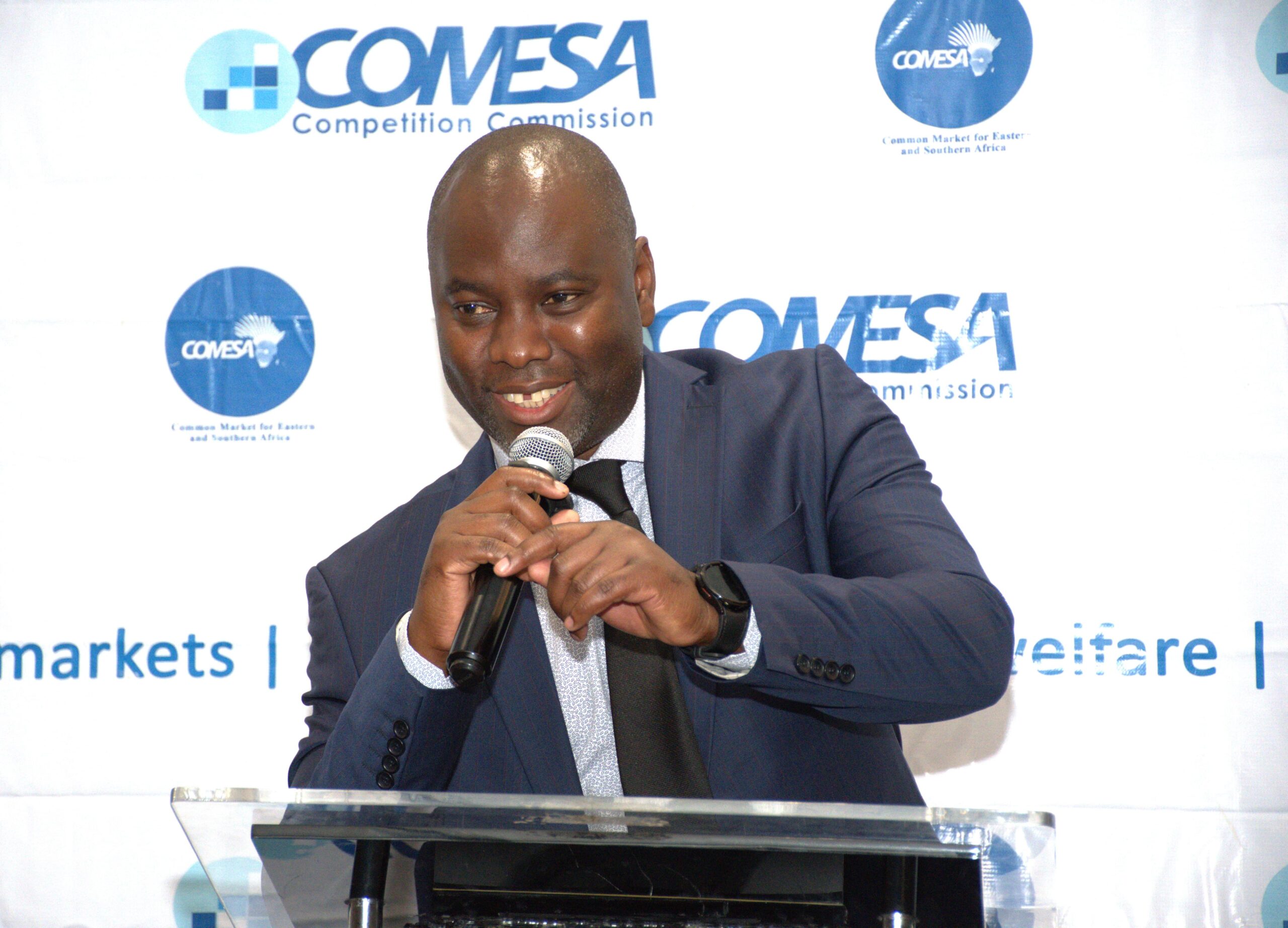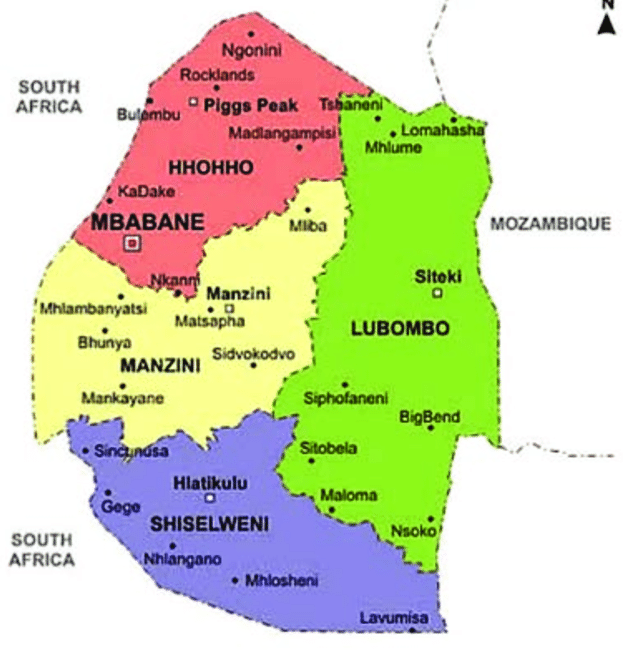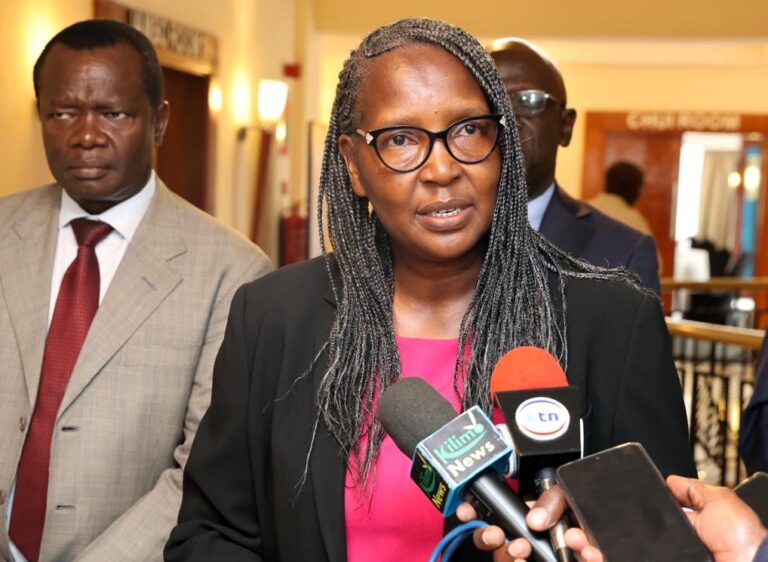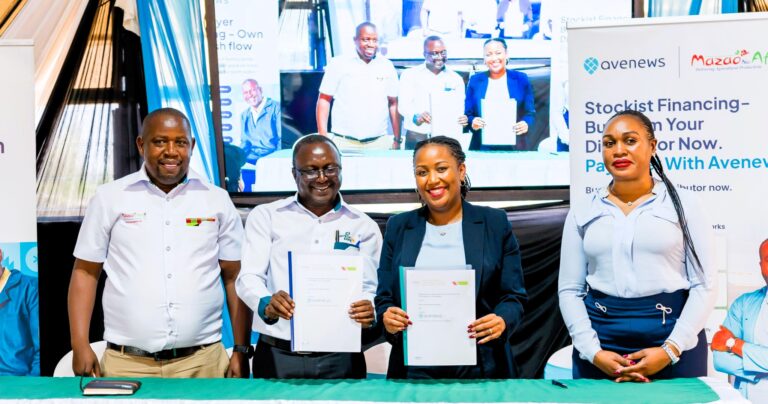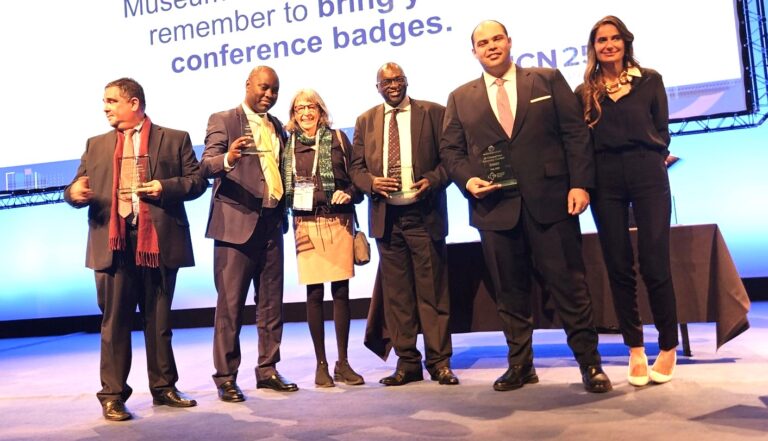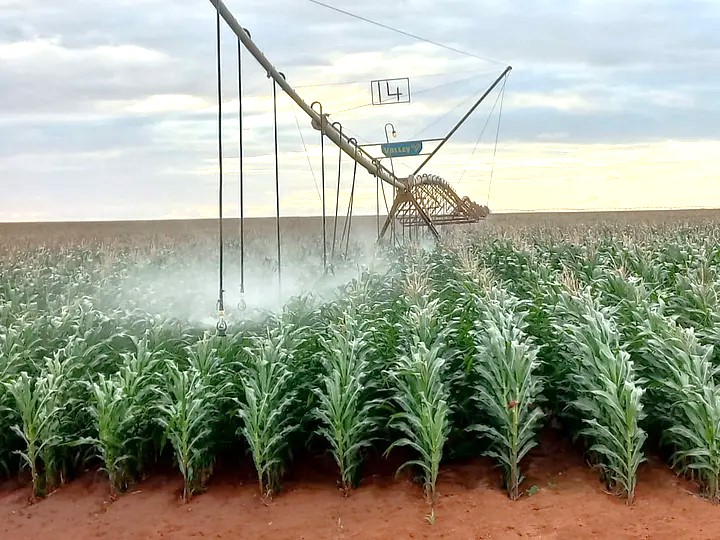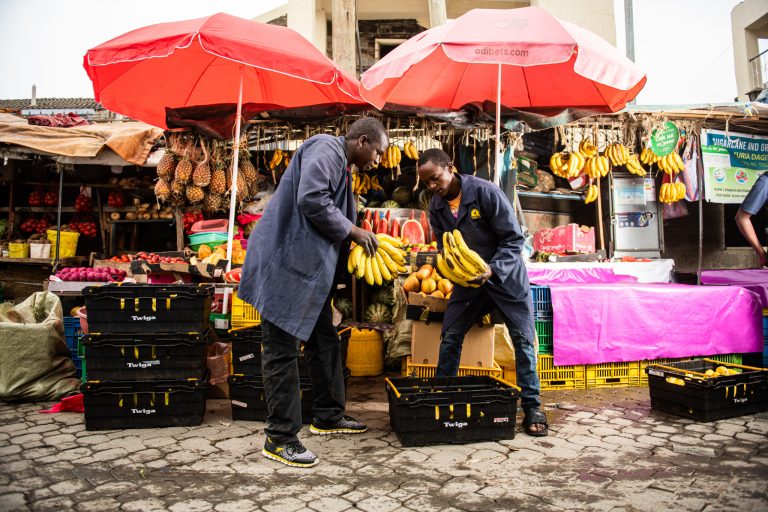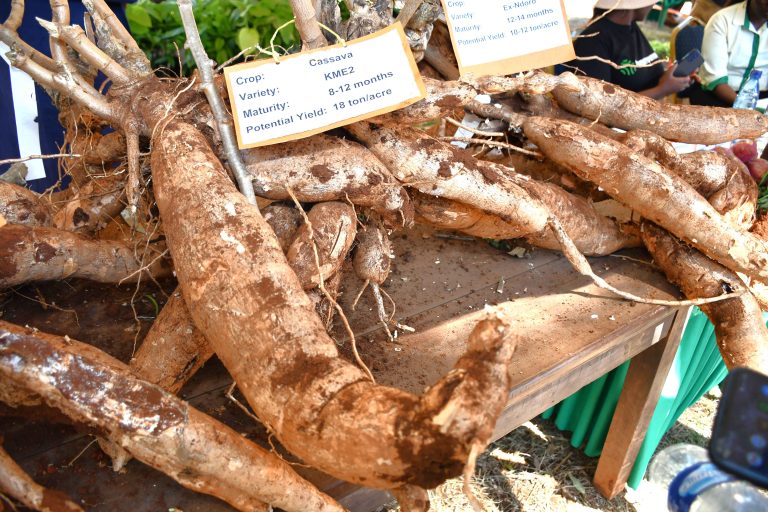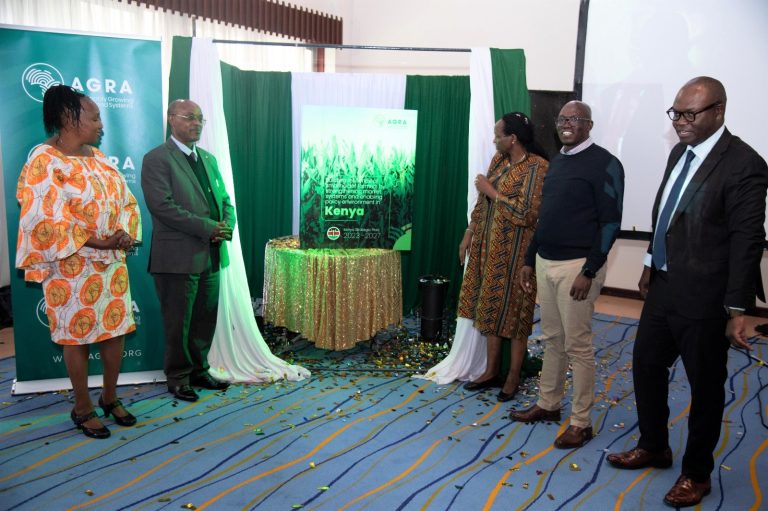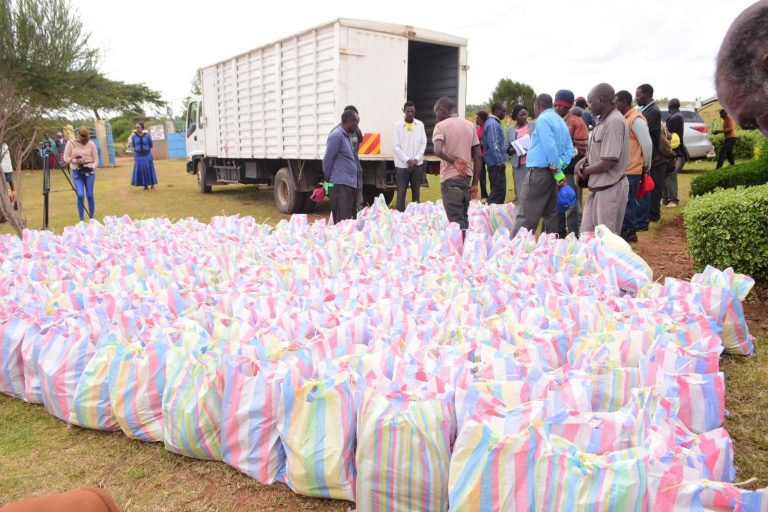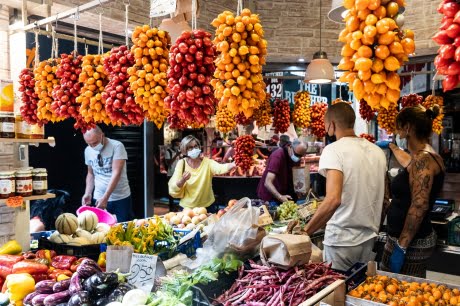By Kimuri Mwangi
The COMESA Competition Commission recently held its third press conference in Nairobi, Kenya.
The Commission is now in its 13th year of operation, executing its mandate to regulate competition and safeguard consumer welfare across the twenty-one Member States of the COMESA Region. Since its inception, the Commission has handled over 480 mergers and acquisitions, over 50 restrictive business practices, and over 60 consumer protection cases.
The Commission has been at the forefront of protecting smallholder farmers against multinationals and other traders involved in restrictive and oppressive practices that hurt them. This has been done through various activities, including conducting research and surveys and engaging Member States concerning trade laws.
During the press conference, which also preceded the COMESA Competition Commission’s 9th Annual Business Reporters Workshop and the award ceremony for the 2nd Business Reporters Competition, Kilimo News writer Kimuri Mwangi engaged the Commission’s CEO, Dr. Willard Mwemba, on the status of the agricultural sector in the region, its challenges, and possible solutions.
Below is an excerpt from the interview.
Kimuri Mwangi: You’ve been incredibly passionate about smallholder farmers and eradicating poverty. What drives you?
Dr. Willard Mwemba: What drives me is that in most of our countries, if not all of them in COMESA, agriculture is seen to be on the lower scale of commerce. However, what we often overlook is that, in reality, our economies are agrarian-led.
So, it is that old man or that old woman we’ve pushed aside, thinking that they are not important, who are actually very important because agriculture runs our economies.
Most of the labour force in COMESA Member States, for example, comes from agriculture. A big chunk of our GDP, about 32%, comes from agriculture. Our foreign exchange earnings in the entire COMESA come from agriculture, and raw materials come from agriculture. So, that’s where I see my passion.
Seeing that these peasants—who are involved in the actual donkey work, producing the actual product—and then processors pick it from there and earn supernormal profits while they continue wallowing in poverty, is very concerning and heartbreaking to me. I said, if this conduct is something that can be addressed by the law that I’m enforcing, why can’t I play my part to ensure that this changes?
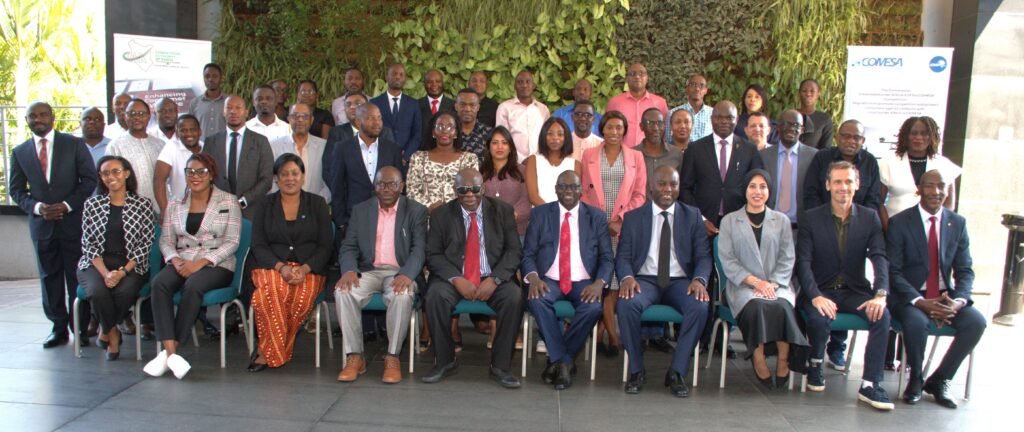
Kimuri Mwangi: We’ve seen in the last few years a lot of trade tiffs between countries. Recently, we had Tanzania with Malawi, with South Africa in the mix. How are these trade differences between countries hurting farmers and affecting food security?
Dr. Willard Mwemba: Look, you know why one country will import something from another. Naturally, without intervention, if one country is growing tomatoes and those tomatoes are of good quality, the price is right, and they are nice, you don’t even have to stop it.
I’ll give an example here in Kenya, just for illustration. If Kenyans are producing very good tomatoes, the price is right, and the quality is good, you don’t need to intervene deliberately by saying we don’t want tomatoes from Uganda. Kenyans will automatically buy what is within their vicinity as long as it’s available. But if tomatoes from Uganda are finding a market here, it means that the tomatoes from Uganda are better than the Kenyan ones, and the consumer wants something better.
So, the moment you put in place a deliberate policy saying we don’t want any tomatoes from Uganda, what you are doing is hurting the consumer. Why? Because the quality in Kenya may not be right, the price may not be right, and the moment you stop Ugandan suppliers, you may find that there is a vacuum in the market because production in Kenya is not sufficient. Who fills that vacuum? That is where food security issues come in.
There may be scarcity, or food may be available but too expensive, still an issue of food insecurity. So, when you engage in some of these trade restrictions and trade wars, it can lead to such problems.
Sometimes these issues are motivated by certain business interests that lobby governments and mislead them. They want to be the only players in that sector. If imports come in, their unreasonable profits will drop. So, who suffers? It’s the common man who is exposed to unreasonably high prices because borders have been closed.
What we saw between Malawi, Tanzania, and South Africa was exactly that: some countries saying they want to protect their markets, so products from another country cannot come in. The first question you ask is: if everything was right locally, would those products have found a market there?
In the earlier example, the Ugandan supplier would think twice about bringing goods to Kenya if the local supplier was efficient, because transport costs would make Ugandan products expensive and unattractive. But if even with transport costs, the Ugandan product sells well, it means local producers are not performing effectively. When that happens, the consumer suffers, and so does the government, which loses taxes from imported goods.
So, it’s a bigger picture that shouldn’t be looked at simplistically to solve a short-term issue while creating long-term consequences for everyone.

Kimuri Mwangi: Earlier, you mentioned the availability of food in some countries while others are starving, yet trade rules prevent the movement of food from where it is plentiful to where it’s needed. What can you say about that?
Dr. Willard Mwemba: My brother, that really makes my heart bleed. We sing so well about integration and call ourselves one people. Kwame Nkrumah started talking about this in the 1960s—that we are one people and need to integrate.
But when it comes to our behaviour on the ground, we do not treat each other as one people. Because if there is a bumper harvest in one country—something they can’t consume—why should people in another country die because there is no food?
There was a time when Southern Africa had plenty of food because of good rains, while East Africa, especially Kenya, faced famine. We saw people and animals dying due to food scarcity.
If we are one people and claim to have trade arrangements that ensure free movement of goods and services, why shouldn’t food move easily from Southern Africa to East Africa? But then we pretend to be one people, and East Africans say, “We can’t import from Southern Africa.” Southern Africans say, “Even if we have a lot of food, we can’t export to East Africa.” There are all these protocols we should implement among ourselves.
Competition can also come in here. When Zambia, Zimbabwe, and other Southern African countries refuse to export to East Africa, scarcity inflates prices. Competition authorities can step in and say, “This price is wrong; you can’t do that.”
In the process, it disincentivises those who lobby governments to ban exports for selfish reasons.
Kimuri Mwangi: So right now, what picture can you paint of the food situation in the COMESA region?
Dr. Willard Mwemba: There are two issues—availability and accessibility. The fact that food is available does not mean it is accessible. So, in my view, availability is there. If we are calling ourselves COMESA, food exists in different parts, but is it being accessed by everyone? The answer is no.
The issue is our restrictive policies that are not serving the common man. We need to work together—competition authorities, trade institutions, and others—to ensure that if food is available in one part of the common market, it should be accessible to all. That’s the only way we can end poverty and eradicate hunger.
Kimuri Mwangi: The COMESA Competition Commission recently released research findings showing how certain companies have held captive certain products, their movement, and their prices—affecting farmers on the ground. How is the Commission addressing this?
Dr. Willard Mwemba: It goes back to what drives my passion. A poor peasant is the one who grows wheat, maize, and millet. Then a multinational company comes in. Because it is so big, the peasant has no power against it. They dictate very low prices at which they buy the product, keeping the farmer poor.
I’m getting old now, and there are people I found as peasant farmers when I was born. They were better off then than they are now. Why, after all these decades, are they not moving forward? It’s because of this situation.
After buying from farmers at low prices, these companies process the products and sell them to you and me at inflated prices. It can’t continue.
So, what we are doing as competition authorities is to find those gaps, identify companies engaging in such practices, and punish them for abuse of dominance.
These things may take time, but governments can also play a part, as our reports have shown. They can improve infrastructure for farmers, build proper road networks, and provide storage facilities.
These poor farmers lack proper storage, so when multinationals come, they must either accept low prices or risk their produce rotting. Governments can help create markets for these farmers so that they are not always dependent on large companies.
At the COMESA Competition Commission, we are engaging multiple stakeholders to ensure traders do not abuse dominance by giving low prices to producers and high prices to consumers.
But the story is bigger than that. We need to empower farmers with infrastructure. With that, we can resolve the issue. That’s why we are engaging Ministries of Agriculture, Trade, and others.
Kimuri Mwangi: Talk to the farmer, the smallholder farmer down there. Is there hope for them? Is someone thinking about their plight?
Dr. Willard Mwemba: The COMESA Competition Commission is definitely thinking about their plight. That’s why we’ve invested a lot of resources in that project. We can assure them that we are thinking about them.
The COMESA Competition Commission is also engaging other stakeholders to ensure that they think about those farmers.
So yes, there is hope. Most times, bad policies arise not from ill intent but from misinformation. Some people mislead policymakers without revealing the real consequences of certain policies on the ground.


